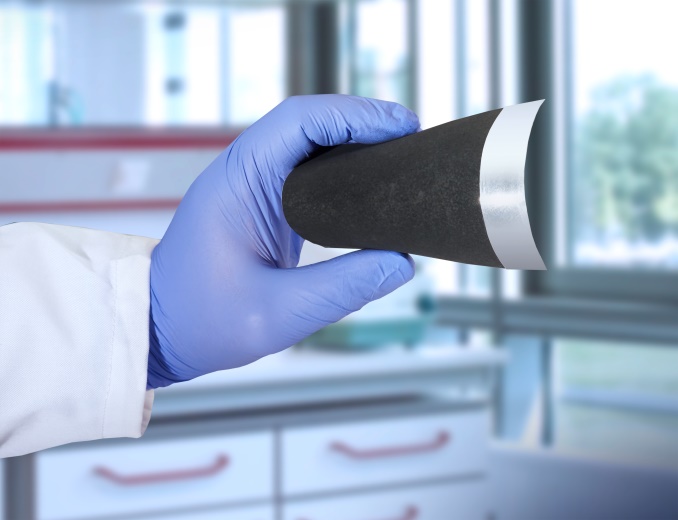Knowledge building blocks for battery cells "Made in Germany
The ProZell Industry Day strengthens the dialog between science and industry. Battery cells are manufactured in many successive process steps. It is mixed, stirred, coated, rolled, cut, stacked. Scientists at ProZell are working on how to improve the quality of the final product and make production more cost-effective and environmentally friendly. The competence cluster for battery cell production has been funded by the German Federal Ministry of Education and Research (BMBF) since 2016. To ensure that the research results are quickly transferred to industrial applications, ProZell is increasingly focusing on knowledge transfer to industry. This year, the third edition of the Procell Industry Day took place in a digital conference format on October 27, 2020.
"With the research in ProZell, we want to contribute intensively to the BMBF umbrella concept 'Research Factory Battery' and establish an internationally competitive industrial production of battery cells in Germany and Europe," says Professor Arno Kwade, spokesman of the ProZell competence cluster and head of the Institute for Particle Technology at Braunschweig Technical University. "We are already demonstrating what is successfully possible on a laboratory and pilot scale. Now it's a matter of transferring what we've learned to industrial use."
The cluster promotes dialog between all involved stakeholders from research and industry by organizing an industry day to establish further collaborations and sound out industrial as well as scientific requirements. On October 27, 2020, cluster members presented their research results. It could be shown, for example, that an increase in energy density can be achieved through thicker electrodes. Individual manufacturing processes could be accelerated and thus lead to a reduction in production costs. In addition, new process technologies for the production of battery electrodes were presented that use fewer or no solvents at all, save material costs and thus improve the ecological footprint.
The aim of the ÖkoTroP cluster project is to develop technologies for the production of homogeneous dry-coated electrodes with an optimized electrode structure.
As part of this project, a dry coating process is being optimized at Fraunhofer ISIT. At Fraunhofer IPA, electrostatic dry coating is being further developed. The TU Braunschweig is examining the feasibility in principle of screen coating and direct calendering and is concretizing the performance, also in comparison with the processes developed at ISIT and IPA.
All technologies will be transferred to the roll-to-roll process for both graphite anodes and NCM 622 cathodes. In the process, the scientists are analyzing the relationships between process, process parameters and electrode performance. They are also investigating and comparing the variables that determine the resource consumption of the technologies. Finally, they want to identify and improve important quality parameters of the four dry coating processes (such as coating thickness uniformity, mass loading, mechanical stability and edge formation). Important aspects of the research project are also the assessment of process costs and their ecological evaluation.
All dry coating technologies have the potential to significantly reduce the costs and emissions of electrode production compared to the processes commonly used today. The results achieved in the ÖkoTroP project thus make a direct contribution to the development of economical storage technologies for mobile and stationary applications.
The ProZell competence cluster
The lively ProZell network successfully creates synergies between science and industry in cooperation with the BMBF, the Competence Network for Lithium-Ion Batteries (KLiB) and the ProZell management group. The aim is to lay the foundations for high-performance and cost-effective battery cell production "Made in Germany". Network partners are the TU Braunschweig, the Karlsruhe Institute of Technology, the Landshut University of Applied Sciences, the TU Berlin, the TU Clausthal, the TU Bergakademie Freiberg, the Center for Solar Energy and Hydrogen Research Baden-Württemberg, the German Aerospace Center via the Helmholtz Institute Ulm, the University of Ulm, the RWTH Aachen, the TU Dresden, the TU Munich, the WWU Münster via the MEET Battery Research Center Münster, the Fraunhofer-Gesellschaft and the Research Center Jülich via the Helmholtz Institute Münster.
 Fraunhofer Institute for Silicon Technology
Fraunhofer Institute for Silicon Technology